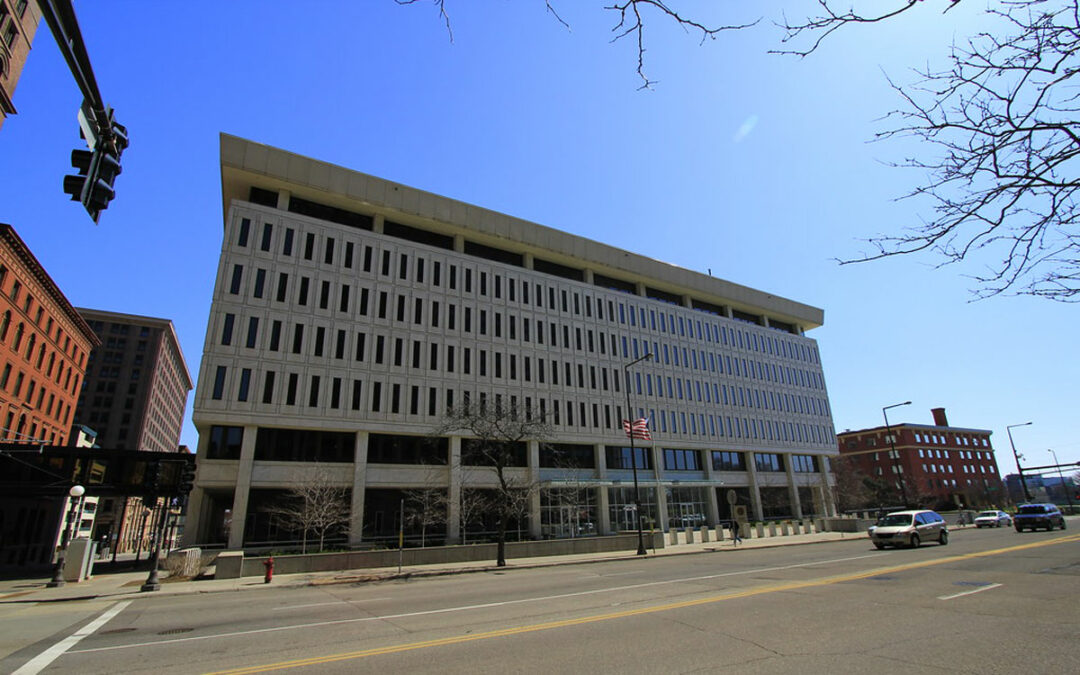One of the important but often overlooked Federal Rules of Civil Procedure is Rule 25, which allows for substitution when a party has died. This Rule was recently addressed by the Eighth Circuit in Benacquisto v. Am. Express Fin. Corp., 2022 WL 3133437 (8th Cir. Aug. 5, 2022).
Motion for Substitution
Under Rule 25, if the claim is not extinguished by the party’s death, the proper party may be substituted for the deceased person. Doing so requires a motion for substitution, which can be made by any party or by the decedent’s successor or representative. The motion and notice of hearing must be served on the parties in accordance with Rule 4 and on the nonparty sought to be substituted for the decedent in accordance with Rule 5. The Eighth Circuit clarified in Benacquisto that it is not necessary to serve the nonparty with the summons and complaint.
Deadlines for Motion
The motion for substitution must be made within 90 days of service of a statement noting the death. The statement noting death must be a formal notice and not simply a passing statement in other motion papers. It should specifically identify the successor or representative who may be substituted for the decedent. If no motion for substitution is made within 90 days of the notice of death, the action must be dismissed. Importantly, the statement noting death is necessary to trigger the 90-day deadline. If no such statement is served, a motion for substitution can be made at any time, even if all parties are aware of the death. Read more
Rule 25 also allows for substitution when a party becomes incompetent or when a party’s interest has been transferred to another. Unlike in the case of a death, these provisions do not require the filing of a statement noting incompetency or transfer of interest and there is no 90-day limit in which to make the substitution motion.
Substitution of Decedent’s Personal Representative
In the Benacquisto case, Rule 25 was used at the court’s suggestion to substitute in the decedent’s personal representative to take the place of the decedent’s estate. The court had previously held substitution was necessary to enjoin the personal representative from proceeding with claims that were foreclosed by a class action settlement that had occurred before the decedent’s death and bound the decedent. Once the substitution was made, the settlement was enforced against the personal representative. Read more
In short, while claims involving deceased persons can be procedurally tricky, Rule 25 provides guidance on how to proceed.
For more information, please contact Lommen Abdo attorneys Michelle Kuhl and Kay Hunt. Michelle Kuhl can be reached at 612.336.9328 or mkuhl@lommen.com. Kay Hunt can be reached at 612.336.9341 or kay@lommen.com.

